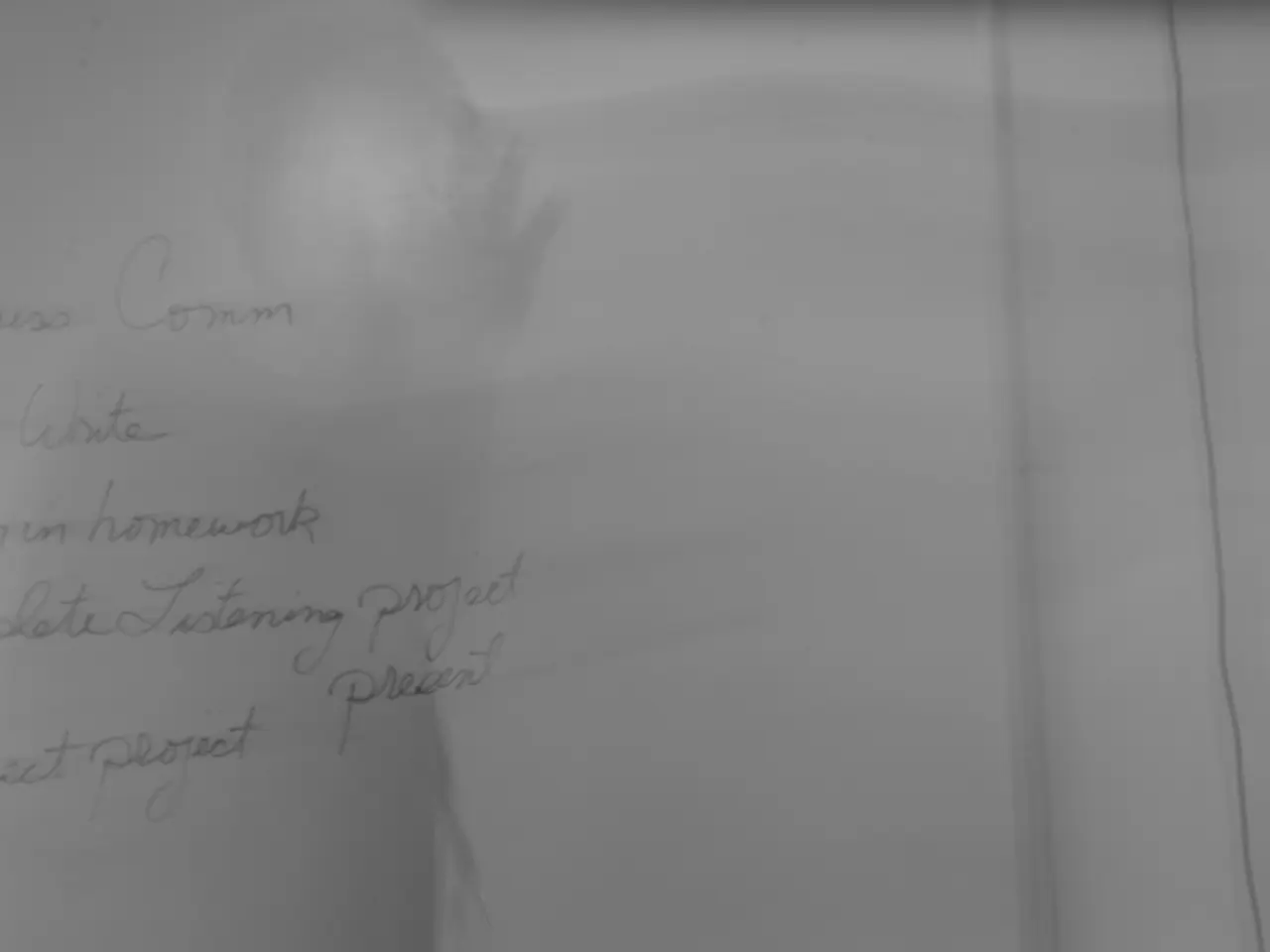Corrupted Documents Polluting Global Scientific Publications, Hindering Progress in Lifesaving Studies
The world of academic publishing is facing a significant challenge as the number of scholarly papers being retracted due to fraud, particularly involving "paper mills" (organisations that produce and sell fraudulent scientific papers), is on the rise.
One professor leading the fight against this issue is María de los Ángeles Oviedo-García, a marketing professor at the University of Seville in Spain. In her spare time, she spends hours hunting for suspect peer reviews from all areas of science, flagging hundreds on PubPeer.
The problem is substantial and growing rapidly. One Russia-linked paper mill, for example, claims to have published over 12,650 articles since 2012. Studies reveal large-scale, organised networks that produce thousands of fraudulent articles, with only a fraction being retracted—about 28.7% of suspected paper mill products have official retractions, and it is estimated that only about 25% will ever be retracted overall.
This industrial-scale fraud undermines trust in the scientific record, with some fields potentially already irreparably harmed. High-profile cases include the publisher Frontiers retracting 122 articles linked to unethical practices like citation manipulation and compromised peer review.
To address this crisis, solutions emphasise a comprehensive, multi-pronged approach. This includes enhanced scrutiny of editorial and peer review processes, improved detection methods, greater understanding of the networks and mechanisms behind fraud, radical restructuring of scientific incentives, and being proactive about the potential effects of artificial intelligence amplifying fraudulent content in scientific literature.
These measures require cooperation among publishers, institutions, and the broader scientific community to strengthen the integrity of scholarly publishing and safeguard research quality. However, the impact on publishers is profound, with fake articles hurting a journal's bottom line and important scientific indexes delisting journals that publish too many compromised papers.
The fight against paper mills won't be won as long as the booming demand for their products remains. When retractions do happen, it is often thanks to the efforts of a small international community of amateur sleuths like Oviedo-García and those who post on PubPeer.
The academic publishing industry makes approximately $30 billion annually, with profit margins as high as 40%. The problem reflects a worldwide commodification of science, with universities and research funders using regular publication in academic journals as requirements for promotions and job security. As a result, there is a bustling online underground economy for all things scholarly publishing, with authorship, citations, academic journal editors, and even peer reviewers up for sale.
In response to the growing concern, initiatives are being taken to improve the situation. Wealthy private institutions like Howard Hughes Medical Institute and large government funders are trying to make improvements to shift the focus away from bibliometrics and towards research quality. A small industry of technology startups has sprung up to help publishers, researchers, and institutions spot potential fraud.
However, the challenge remains significant. Approximately 55,000 scholarly papers have been retracted to date, but estimates suggest there are many more fake papers circulating, possibly as many as several hundred thousand. With AI, many reviews are now written by tools like ChatGPT, adding a new layer of complexity to the fight against fraud.
In conclusion, the issue of scholarly papers being retracted due to fraud, particularly involving paper mills, is a substantial and growing problem. It undermines trust in the scientific record, requires a comprehensive, multi-pronged approach to address, and reflects a worldwide commodification of science. The academic publishing industry, researchers, and institutions must work together to strengthen the integrity of scholarly publishing and safeguard research quality.
The issue of scholarly papers being retracted due to fraud, particularly involving paper mills, has severe implications for medical-conditions and health-and-wellness, as fraudulent research can lead to incorrect information being disseminated and potentially endanger people's health. The widespread use of paper mills in the academic publishing industry poses a significant threat to the credibility and legitimacy of science in health-related fields.
The fight against paper mills is crucial to maintaining the accuracy and reliability of science, and ensuring that the health-and-wellness industry is based on sound, evidence-based research. Improving the integrity of scholarly publishing through enhanced scrutiny, detection methods, and radical restructuring of scientific incentives is essential to safeguarding public health and promoting health-and-wellness.




